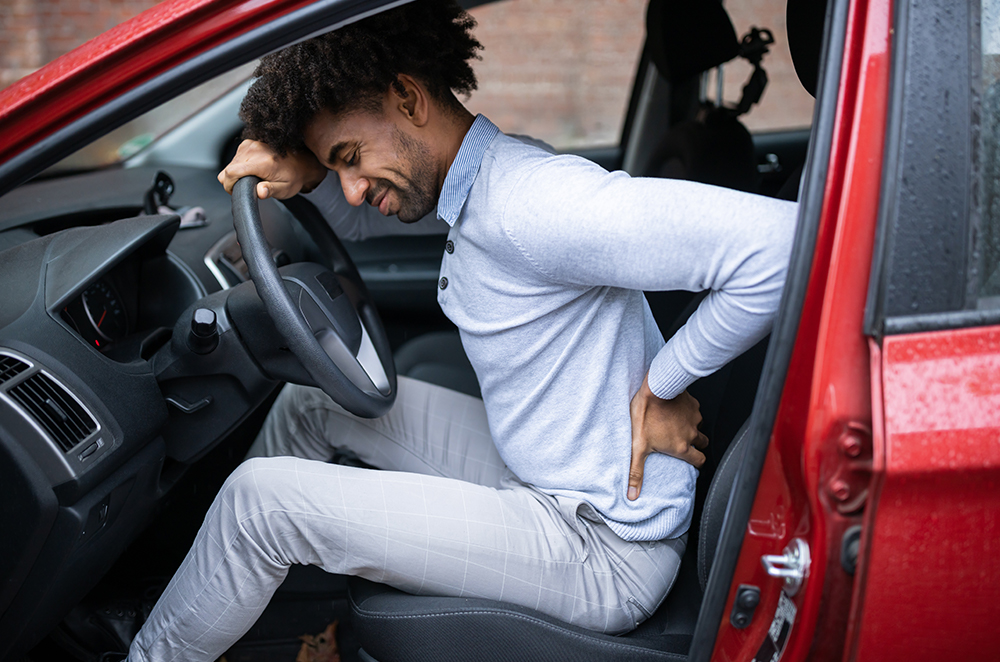
People are injured by defective products every day in the U.S., from auto parts that malfunction and cause crashes, to electronics that start fires, to toys that pose choking hazards to the children that play with them.
When people are injured or even killed by dangerous products, the victims and their families can hold manufacturers liable. Retailers can also be held accountable when they sell products with dangerous defects that can be discovered through visual inspection, such as selling products that have expired and are no longer safe to use.
If you or someone you love has been injured, here’s what you need to know before pursuing a claim.
What You Need to Prove in a Product Injury Claim
Defective product claims can be extremely difficult to litigate and win, but generally when a consumer is injured by a dangerous product, they will need to prove the following:
- The product was designed in such a way that it poses an unintended hazard to users, OR
- The product was designed to be safe but a manufacturing mistake caused it to become dangerous, OR
- The product was incorrectly marketed, and failed to instruct users how to correctly use the product without putting themselves at risk of potential harm, AND
- The consumer suffered damages as a result of using the product
Reasons You Could Lose Your Product Injury Claim
There are several reasons why your product liability claim may not succeed in court. Some of the most common reasons are described below.
You weren’t injured.
In this situation, it doesn’t matter how defective a product was, or how close you came to injury. If you didn’t sustain any damages, you can’t be compensated. Even if your “near miss” caused significant emotional distress, you can’t claim damages for emotional distress unless you also suffered physical injuries.
However, damages can refer to either physical injuries or financial losses. For example, if a product with a faulty battery caused a fire that damaged your home, you could file a product liability claim even if no one was injured (in this situation, you still would not be able to get damages for emotional distress). Unless you suffered significant financial losses, it may not be worthwhile to pursue.
If you were nearly harmed by a defective product, make sure to report the product to the proper authorities. Your warning could get the product recalled and help protect others from future injury.
The danger was obvious.
Warnings on products need to be specific, easy to find and read (for example, printed on the product itself and not hidden in the user manual), and easy to understand.
However, manufacturers don’t need to disclose risks that are clear and obvious.
This doesn’t always mean you don’t have a case, however. What is clear and obvious to one person may not be clear and obvious to another. If you were harmed by a product that you believe didn’t state warnings clearly enough, contact our South Carolina product liability attorneys today for a free case review.
The dangerous aspect is part of the product’s intended use.
This defense is very similar to the defense above and applies to inherently dangerous products. For example, knives are intended to cut, so if you cut yourself using a knife, the manufacturer will argue that is a risk a consumer agrees to take on when using the product, and isn’t one the manufacturer can mitigate without compromising the design.
The product wasn’t being used as intended.
If a table collapsed after a consumer stood on it to reach something high up, and the consumer was injured, the manufacturer can argue tables are not intended to be stood on, so they don’t need to be designed to carry the weight of a human. That would mean it’s not a design defect that the table collapsed.
However, consumers are still protected for any use of a product that could be anticipated by the manufacturer, even if that use is not one of the “intended” uses. So, a consumer could make the argument that lots of people stand on tables when ladders are unavailable, so the manufacturer could have easily anticipated people who bought their product might do so. In that situation, the consumer might still be ruled to have contributed to their own injury, however.
The product was altered from the state in which it was sold.
When a product is altered or modified by the consumer, the manufacturer can typically no longer be held liable for injuries the modified product causes, since they don’t have any control over how safe the alterations are or how the alterations affect the design of the product.
This remains true even if you weren’t the one to modify it, and purchased it used from the person who did the modifying.
For example, people who like to modify their vehicles likely already know that doing so voids their warranty. In this case, it probably also means they can’t file a lawsuit against the manufacturer of the vehicle if a part breaks and causes the vehicle to crash. They may, however, be able to file a claim against the manufacturer of the aftermarket parts or accessories installed.
When You’ve Been Injured by a Defective Product, Get an Experienced Attorney On Your Side
There are many, many ways that a manufacturer and their legal team will try to claim they aren’t responsible for your injuries when you’ve been harmed by a dangerous product. When you are going up against a company worth millions or even billions of dollars, it can seem hopeless to take them on. That’s where we come in. Our legal team isn’t afraid to fight back against major corporations when they cause harm. Contact our team today for a free consultation to learn what we can do for you.







































